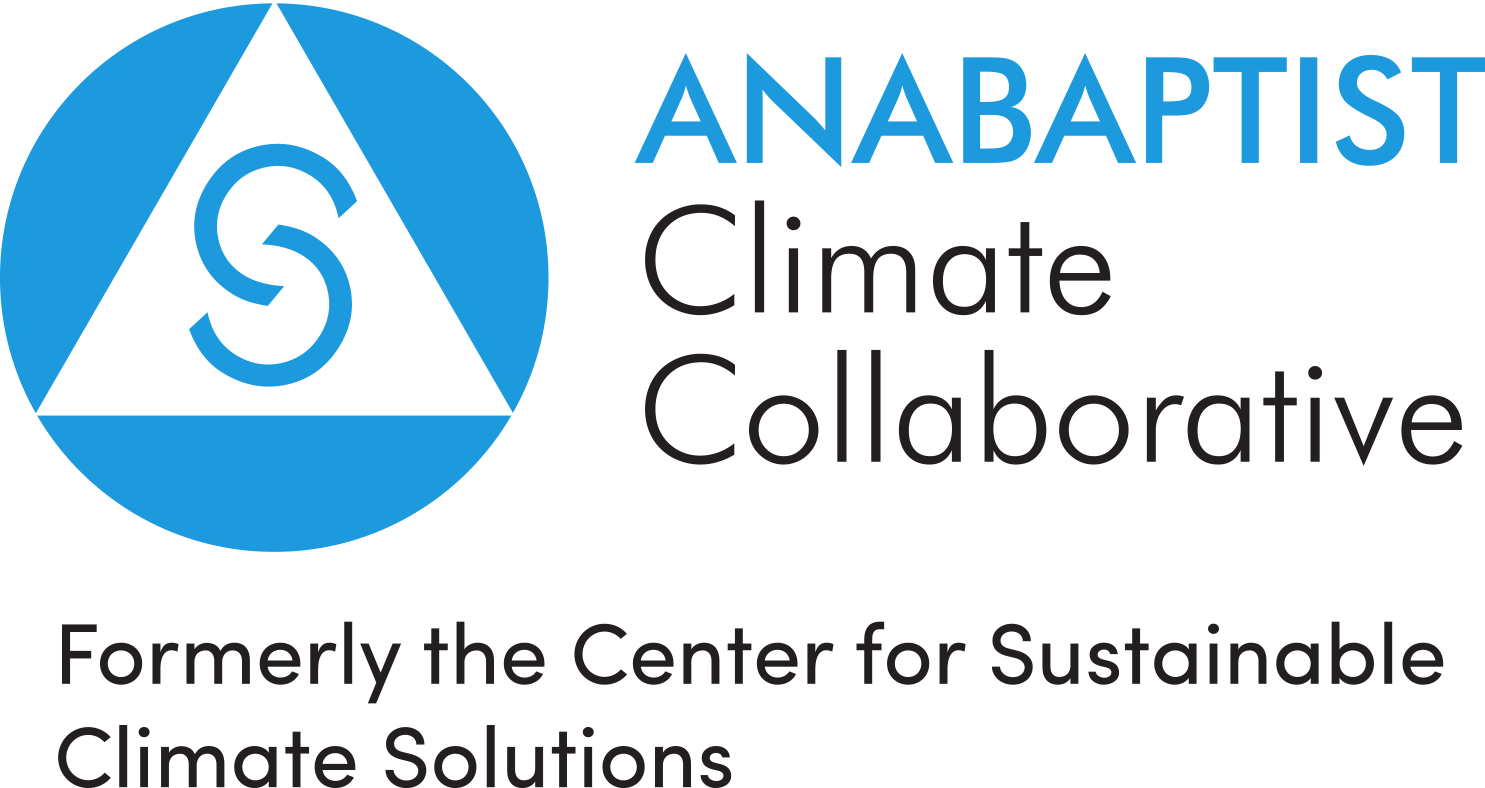What is “advocacy?” Advocacy is speaking to decision-makers about policies that bring greater justice and wellbeing for all. Faith-based advocacy is rooted in working with those who are impacted by an injustice and using our public witness to show love for our neighbors in a tangible ways.
Many of us are unaware of the ways that federal, state and local governments respond, or do not respond, to the climate crisis. Every year, our government officials make decisions about which programs are funded, which people are considered before decisions are made, and which issues deserve attention. Even the personal decisions we make are shaped by policy. Consider the example of installing solar panels on a home or church. This decision is shaped by state tax credits that incentivize renewable energy, funding for research and development of solar panel technology, and the commitments that cities and states make to reduce their carbon emissions.
When we imagine the people who advocate to policymakers, many of us picture professional lobbyists with a wealth of political knowledge, connections, and economic resources. Those of us who aren’t professional lobbyists might assume we do not have the right qualifications to advocate. However, advocacy is something we can do regardless of background, economic status, or political affiliation. And, unlike voting, many forms of advocacy don’t require U.S. citizenship.
Is speaking to powerful decision makers effective? Our elected officials have an obligation to listen to the people who elected them. Elected officials value the perspective of their constituents, especially when that official is undecided about how they will vote on an issue. Despite a diversity of pressures politicians face, one important influencing force is the voice of their constituents.
Unfortunately, not all decision makers are convinced that climate change is an issue that they should be worried about. In addition, not all decision makers are convinced that climate change is something that their constituents care about.

People of faith bring a unique moral perspective to the issue of climate change. Our Anabaptist faith, which compels us to be peace builders, extends to the care that we take fo creation and the people who are most impacted by its degradation. Advocacy rooted in Anabaptism brings together a lived-out, active faith and an attention to global injustice. We are called to repair and reconcile relationships with each other and with creation (Col 1:20; Rev. 21:5).
One important part of efforts to build right relationships can happen in the sphere of public policy. While secular environmental advocacy makes a valuable contribution to conversations about our response to the climate crisis, people of faith are sometimes able to gain access to and speak into political spaces that might not typically welcome a conversation about climate change.
As people of faith, we are obligated to advocate not only for policies that address the climate crisis, but to make sure that policymakers prioritize those most impacted by climate-related policies, including Black, Indigenous people, people of color, low-income communities, and international voices. Additionally, it is important that we seek out the voices of those most impacted by climate change and make space for their concerns to be amplified. When we ask policymakers to support climate policies, we should center the experiences of these communities first. In the Bible, we read stories of the people of God advocating to those in positions of power for justice (Exodus 1, Exodus 5-12, Esther 4-8, Daniel, I Kings 21, Amos, Isaiah, Micah). Today, we as Christians have that same calling to speak to the injustices resulting from a changing climate. Following the samples of Moses, Esther, and Elijah, we can use our voices to remind those in power of their obligations to act justly.
For more information on the biblical basis for advocacy, see this resource from Mennonite Central Committee.
In the Faithful Climate Advocacy: A Discussion Guide resource, you will find other perspectives on why advocating for climate solutions is so important and learn more about the unique role that people of faith can play in advocating for just climate policies.

